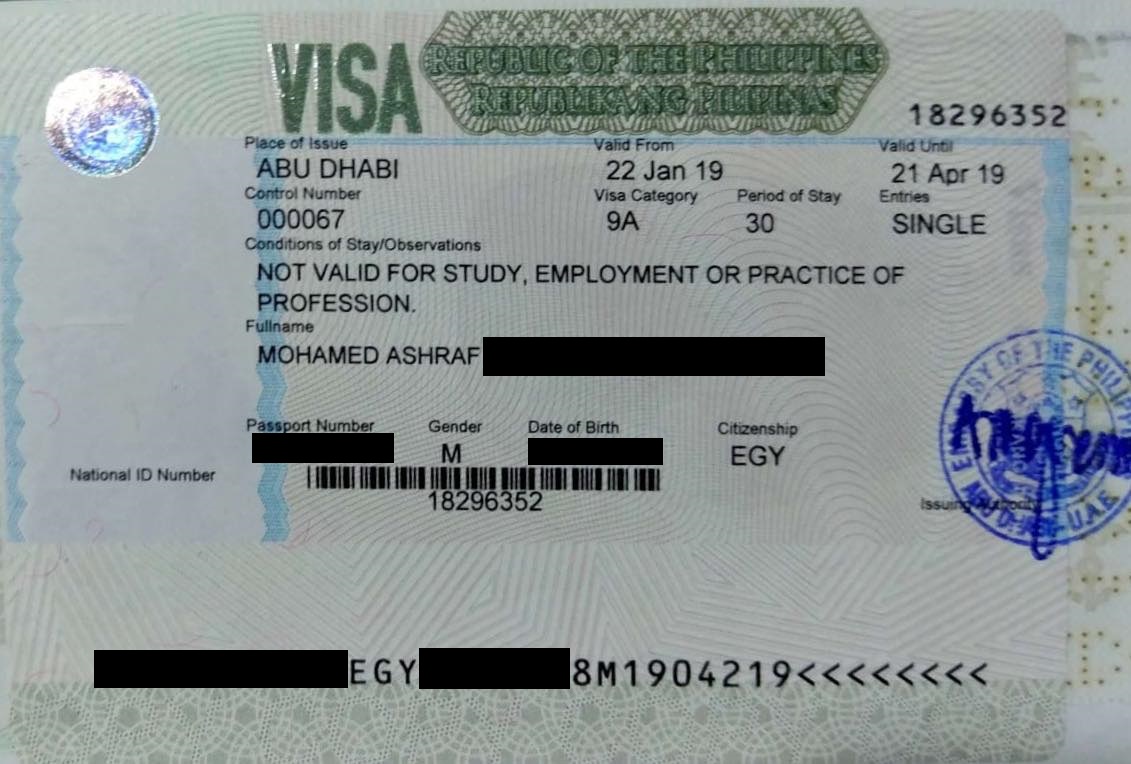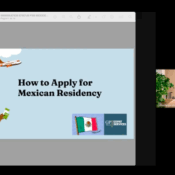
A Comprehensive Guide to Obtaining a Visa for the Philippines as a Foreigner
The Philippines is a popular destination for tourists, retirees, expatriates, and investors due to its tropical climate, low cost of living, and friendly visa policies. Whether you are planning a short visit, long-term stay, or seeking permanent residency, this guide provides an overview of the different visa options, requirements, and application procedures for foreigners.
Types of Visas for the Philippines
1. Tourist Visa (9A Visa & Visa-Free Entry)
Visa-Free Entry
Citizens of 157 countries, including the US, Canada, UK, Australia, and EU nations, can enter the Philippines visa-free for 30 days. Some ASEAN nationals can stay up to 59 days.
Tourist Visa (9A Visa)
For those who do not qualify for visa-free entry or want to stay longer, a 9A Tourist Visa can be obtained.
- Single-entry – Valid for 3 months.
- Multiple-entry – Valid for 6 months or 1 year.
Visa Extension
- Tourist visas can be extended up to 36 months without leaving the country.
- First extension: 29 days (PHP 3,030 or ~$55 USD).
- Subsequent extensions: Every 1 or 2 months, with fees varying.
Application Requirements
- Passport valid for at least 6 months.
- Completed visa application form.
- Proof of onward travel or return ticket.
- Visa fee: $30 – $90 USD, depending on duration.
2. Special Resident Retiree’s Visa (SRRV) – Retirement Visa
A long-term visa for retirees that allows multiple entries and an indefinite stay.
Eligibility & Financial Requirements
- Age 50+: Deposit $10,000 – $20,000 USD in a Philippine bank.
- Retirement income of at least $800 (single) or $1,000 (couple) per month.
Benefits
- Exemption from exit clearance, ACR-I card, and annual reporting.
- Ability to work, study, and own a business.
Processing Time & Cost
- Takes 4-6 weeks.
- Application fee: $1,400 for the principal applicant.
3. Work Visa (9G Visa – Pre-Arranged Employment Visa)
Issued to foreigners working in the Philippines under a contract with a local employer.
Requirements
- Job offer from a Philippine-registered company.
- Work permit from the Department of Labor and Employment (DOLE).
- Medical clearance and criminal background check.
Validity & Renewal
- Initially valid for 1-3 years, renewable.
- Requires an Alien Certificate of Registration (ACR-I Card).
4. Investor & Business Visas
A. Special Investor’s Resident Visa (SIRV)
For investors who place at least $75,000 USD in approved Philippine investments (stocks, real estate, or businesses).
- Grants permanent residency.
- Requires clean criminal record & medical clearance.
B. 9D Investor’s Visa
For foreigners investing in Philippine businesses.
- Requires a significant investment in a government-approved sector.
- Valid for 1-3 years, renewable.
5. Student Visa (9F Visa)
For foreign students enrolled in Philippine universities.
Requirements
- Letter of acceptance from a university.
- Proof of financial capacity.
- Medical exam and NBI clearance (for stays over 6 months).
Validity & Renewal
- 1-year validity, renewable annually.
- Allows multiple entries but does not permit employment.
6. Marriage Visa (13A – Spouse Visa)
For foreigners married to Filipino citizens, granting permanent residency.
Eligibility
- Must be legally married to a Filipino citizen.
- Clean criminal record.
- Financial proof of support.
Validity & Renewal
- Initially 1-year probationary, then permanent residency after approval.
- Requires annual reporting to immigration.
7. Permanent Residency (Quota Visa & 13A Visa)
A. Quota Visa (13 Quota Visa)
- Limited to 50 applicants per year per country.
- Requires $50,000 USD investment in the Philippines.
- Grants permanent residency.
B. 13A Visa (For Spouses of Filipinos)
- Initially 1-year probationary.
- After 1 year, converts to permanent residency.
Visa Extension & Renewal in the Philippines
- Tourist Visas can be extended up to 36 months.
- Work, investor, and student visas are renewable with updated documents.
- Overstaying penalties: PHP 500 per month + exit clearance fees.
Frequently Asked Questions (FAQ)
Can I stay in the Philippines long-term on a tourist visa?
Yes, tourist visas can be extended for up to 36 months without leaving.
Does buying property in the Philippines grant residency?
No, property ownership does not grant residency.
Can I work in the Philippines on a tourist visa?
No, a 9G Work Visa is required for employment.
How long does it take to process a visa?
- Tourist visa: 3-7 days.
- Work visa: 4-8 weeks.
- Retirement visa: 4-6 weeks.
What is the easiest visa for retirees?
The SRRV (Retirement Visa) is the best option for long-term stay and residency.
Conclusion
The Philippines offers various visa options for short-term and long-term stays. Whether you’re visiting, working, investing, studying, or retiring, the country provides flexible residency options. Always check with the Philippine Bureau of Immigration for the latest visa policies before applying.
Meet An Expert
Meet with an expert today during our open office hours video calls. You will be able to ask any question you might have regarding visas, renting and buying property or just practical advice on moving, while in a group setting. It is 100% free and you can attend on your own schedule.
Recent Posts
Comprehensive Step-by-Step Guide to Obtaining Your Visa In Mexico
Buying Your First Business in France
All Categories
- Argentina
- Australia
- Austria
- Bahamas
- Bali
- Belize
- Brazil
- Chile
- Colombia
- Costa Rica
- Czech Republic
- Denmark
- Dominican Republic
- Ecuador
- El Salvador
- Fiji
- France
- Germany
- Greece
- Hungary
- India
- Ireland
- Jamaica
- Japan
- Malaysia
- Mexico
- Netherlands
- New Zealand
- Norway
- Panama
- Peru
- Philippines
- Portugal
- Singapore
- South Korea
- Spain
- Sweden
- Switzerland
- Thailand
- UAE
- Uncategorized
- United Kingdom
- Uruguay
- Vietnam



